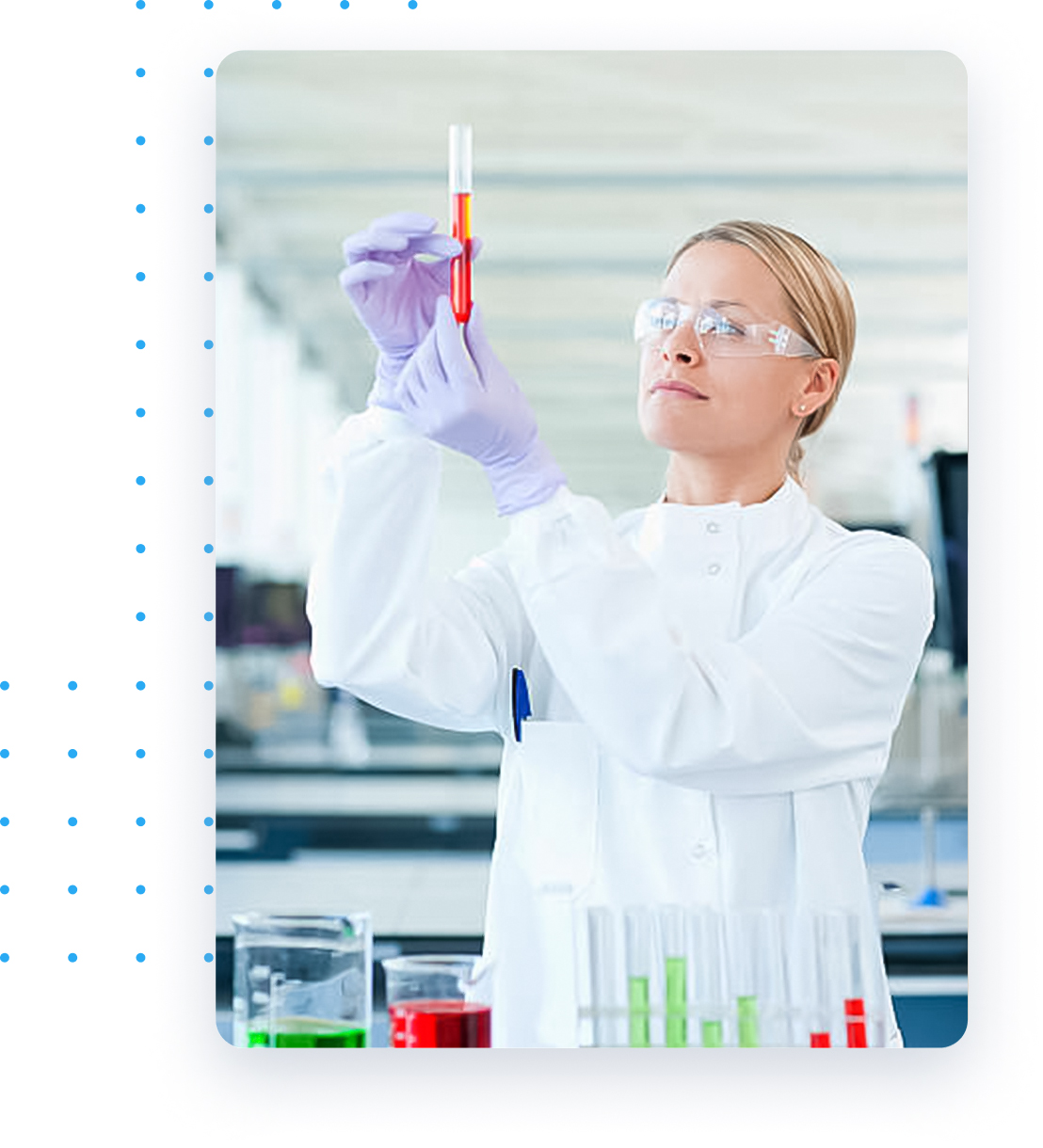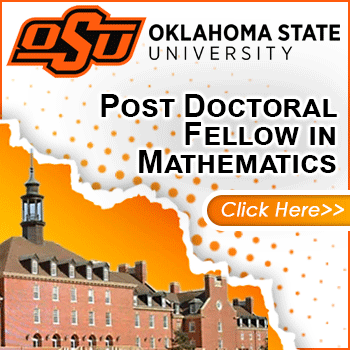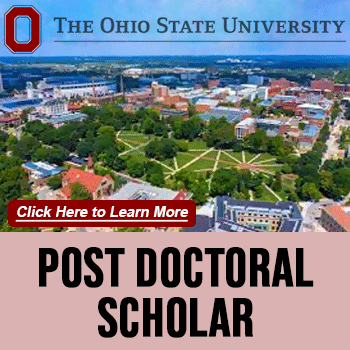
Staff Research Associate II - 128375
Job Description
UCSD Layoff from Career Appointment: Apply by 3/1/2024 for consideration with preference for rehire. All layoff applicants should contact their Employment Advisor.
Special Selection Applicants: Apply by 3/12/2024. Eligible Special Selection clients should contact their Disability Counselor for assistance.
UCSD Health Sciences is a $1 billion dollar plus organization encompassing 17 academic departments (15 clinical, 2 basic sciences), 2 preacademic/hospital departments, 2 professional schools (School of Medicine and Skaggs School of Pharmacy and Pharmaceutical Sciences), 2 hospitals, and various other programs and units all dedicated towards fulfilling the Health Sciences missions. The UCSD Department of Cellular and Molecular Medicine (CMM) is one of two basic science units in the School of Medicine where world-class researchers study fundamental cellular processes and pathways using a variety of techniques from classical genetics and fluorescence microscopy to high throughput genomics, systems biology, and crystallography. Our 37 faculty and over 200 postdoctoral scholars, graduate students, and research staff work on the cutting edge of biology, cutting across fields from basic biochemistry and genetics to genomics, systems biology and stem cell biology. The faculty also play a major role in medical and graduate student training, providing educational and programmatic offerings that span several disciplines and provide diversity to meet the interests of a broad spectrum of students and scholars. The diverse mix of ages, backgrounds, and talents creates a robust work environment with challenging career opportunities and a commitment to continued growth potential. We constantly seek to recruit highly motivated, technologically advanced, and deeply interested individuals who are ready to become a part of our dynamic research and educational environment.
The Center for Network Medicine [www.cnetmed.ucsd.edu] is striving towards a goal of understanding the fundamental principles that allow eukaryotic cells to do their business, i.e., iteratively sense, decide, act and learn/adapt. We hypothesize that they do so through an ad hoc molecular interaction network whose architectural principles and computational rules are similar to those used in the layered communication systems in the engineering world. These rules enable noise reduction, error minimization, shielding and encapsulation of breakdowns, control of delays and state explosion, etc. Success in decoding these fundamental rules should not only enable us to complete and 'clean up' the existing incomplete and messy biological networks, but also use these network for simulating and predicting cell behavior. This will usher a new era in network-based diagnostic tools and network-resetting therapeutics for major diseases. On the flip side, knowing how a cell autonomously carries out its business will provide insights into designing new kinds of self-organizing networks (SON) and provide a novel paradigm (beyond artificial neural networks) for developing Artificial Intelligence (AI).
Under supervision, the incumbent will perform standard repetitive laboratory procedures including immunohistochemistry, and immunofluorescence, immunoblotting and ELISAs to meet the needs of the research projects, providing ideas and rationale to help improve tests that are unsatisfactory. Working in this position, the employee will carry out tasks that are basic to the Lab operations in support of animal research, including handling all animal husbandry, performing tail tip DNA analysis, necropsy, and tissue trimming. The research associate will perform general lab duties including but not limited to entering requests in Lab ordering system, organizing, and maintaining lab supplies, handling, and disposing biohazardous and chemical waste in EH&S approved manner; as well as maintenance, calibration, and operation of laboratory equipment.
MINIMUM QUALIFICATIONSTheoretical knowledge of molecular and cellular biology or closely related field as typically acquired at a collegiate level or equivalent combination of education and experience.
Working knowledge of DNA techniques.
Lab experience, knowledge and understanding of sterile techniques and mammalian cell culture practices. Knowledge and experience with numerous types of laboratory equipment related to uses, maintenance, and repair. Ability to learn new laboratory procedures quickly.
Ability to prepare solutions.
Strong organization skills. Attention to detail; self motivated. Ability to learn quickly and adopt lessons from one learning episode to similar situations. Ability to perform a variety of tasks in an extremely fast-paced environment. Use of good judgement relating to constantly changing priorities. Ability to work as part of a large, diverse group.
Knowledge of various computer software, hardware, standard office equipment and lab equipment.
Acute attention to detail, resourceful, capable of handling the changing needs of the research lab.
Experience performing repetitive and specialized laboratory experimental procedures. Experience following experimental protocols.
Ability to care for small lab animals, as well as working with animal and human tissue.
Ability to use mathematical skills to analyze and develop statistical data.
Strong communication skills (both verbal and written) needed to interact professionally and effectively in the work environment at all levels including faculty, senior researchers, graduate students, undergraduates and those from various backgrounds with tact and diplomacy.
Experience using microscopy to perform experiments.
- Knowledge of UCSD Environmental Health and Safety requirements. Knowledge of radiation safety and biosafety techniques and practices. Experience to work with chemical, radioisotope, and biological hazards and to recognize safety problems.
Job offer is contingent upon satisfactory clearance based on Background Check results.
Occasional evenings and weekends may be required.
Work in environment where biological (including infectious agents and blood borne pathogens) and chemical hazards are present.
Work with small animals.
Work with human samples and stem-cell based tools/techniques.
Pay Transparency Act
Annual Full Pay Range: $58,548 - $94,190 (will be prorated if the appointment percentage is less than 100%)
Hourly Equivalent: $28.04 - $45.11
Factors in determining the appropriate compensation for a role include experience, skills, knowledge, abilities, education, licensure and certifications, and other business and organizational needs. The Hiring Pay Scale referenced in the job posting is the budgeted salary or hourly range that the University reasonably expects to pay for this position. The Annual Full Pay Range may be broader than what the University anticipates to pay for this position, based on internal equity, budget, and collective bargaining agreements (when applicable).
UC San Diego Health is an Equal Opportunity/Affirmative Action Employer. All qualified applicants will receive consideration for employment without regard to race, color, religion, sex, national origin, disability, age, protected veteran status, gender identity or sexual orientation. For the complete University of California nondiscrimination and affirmative action policy see: http://www-hr.ucsd.edu/saa/nondiscr.html
*Please mention you saw this ad on Postdoctorals.*
Be Seen By Recruiters at the Best Institutions
Create a FREE Profile to be Seen!






